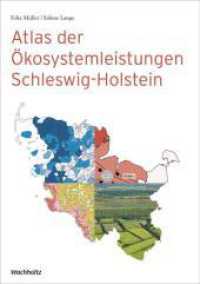- ホーム
- > 洋書
- > 英文書
- > Philosophy
Full Description
Oxford Studies in Early Modern Philosophy is an annual series, presenting a selection of the best current work in the history of early modern philosophy. It focuses on the seventeenth and eighteenth centuries—the extraordinary period of intellectual flourishing that begins, very roughly, with Descartes and his contemporaries and ends with Kant. It also publishes papers on thinkers or movements outside of that framework, provided they are important in illuminating early modern thought.
The articles in OSEMP will be of importance to specialists within the discipline, but the editors also intend that they should appeal to a larger audience of philosophers, intellectual historians, and others who are interested in the development of modern thought.
Contents
1: Julia Borcherding: Loving the Body, Loving the Soul: Conways's Vitalist Critique of Cartesian and Morean Dualism
2: Colin Chamberlain: Our Body Is the Measure: Malebranche and the Body-Relativity of Sensory Perception
3: Kathryn Tabb: Locke on Enthusiasm and the Association of Ideas
4: Patrick Connolly: Thinking Matter in Locke's Proof of God's Existence
5: Mogens Laerke: Form, Figure, and Two Types of Extended Being: Averroism in the Young Leibniz
7: Andrea Sangiacomo: Sine qua non Causation: The Legacy of Occasionalism in Kant's New Elucidation








